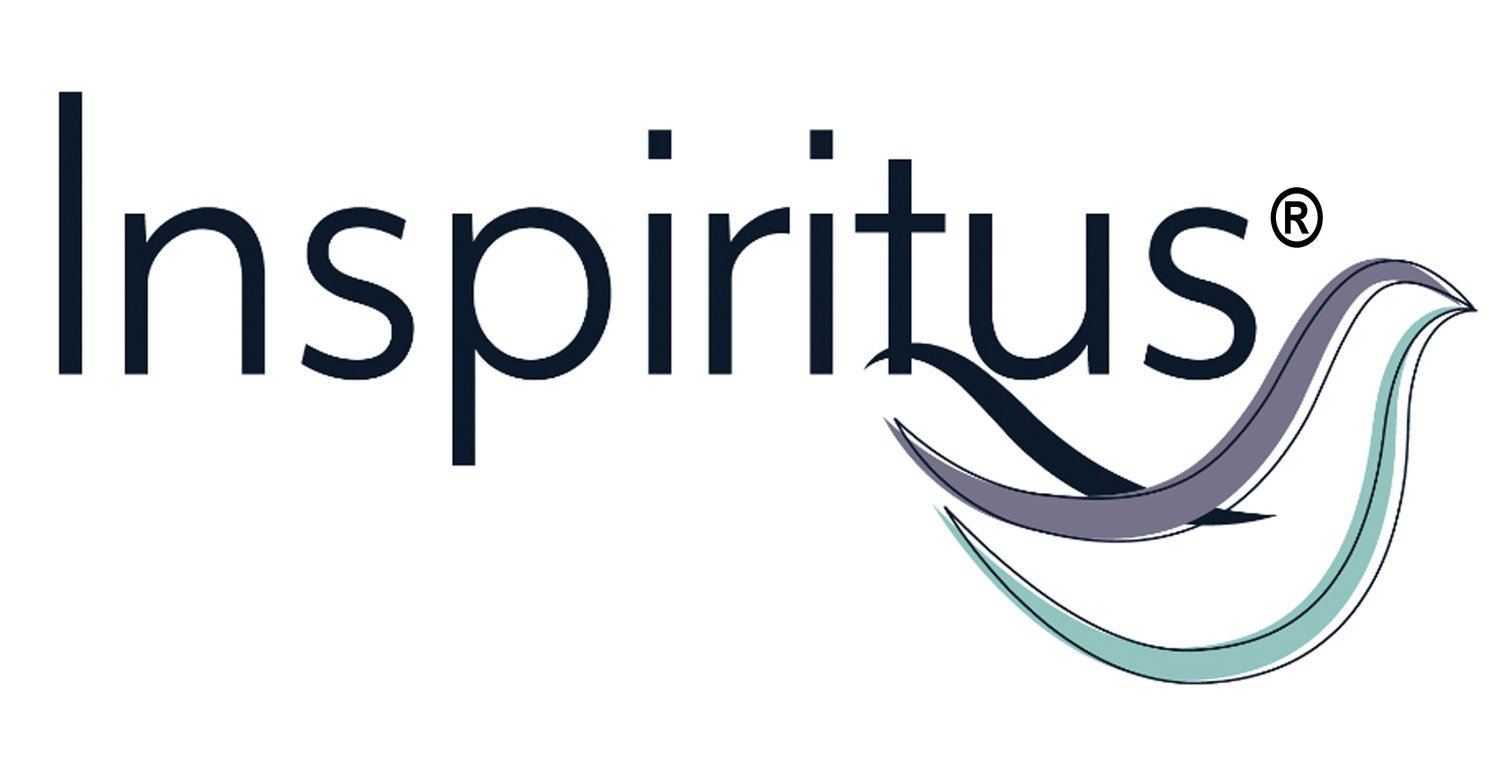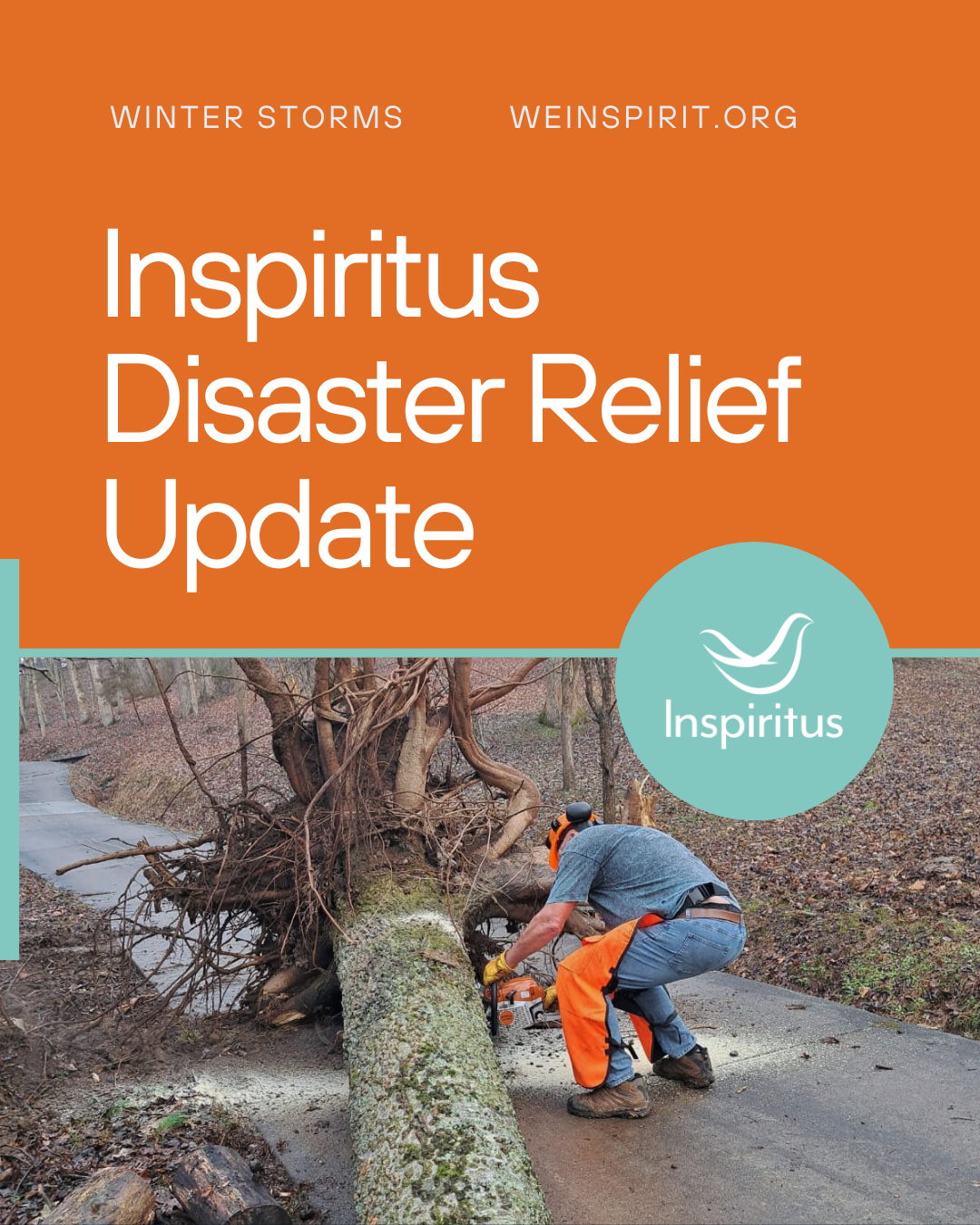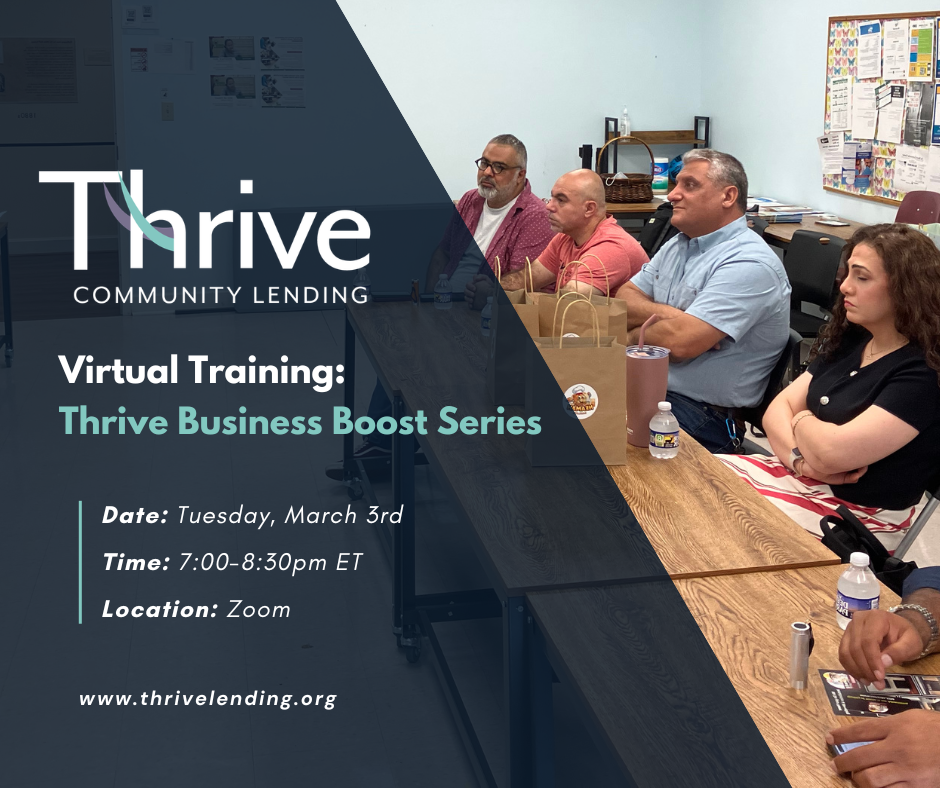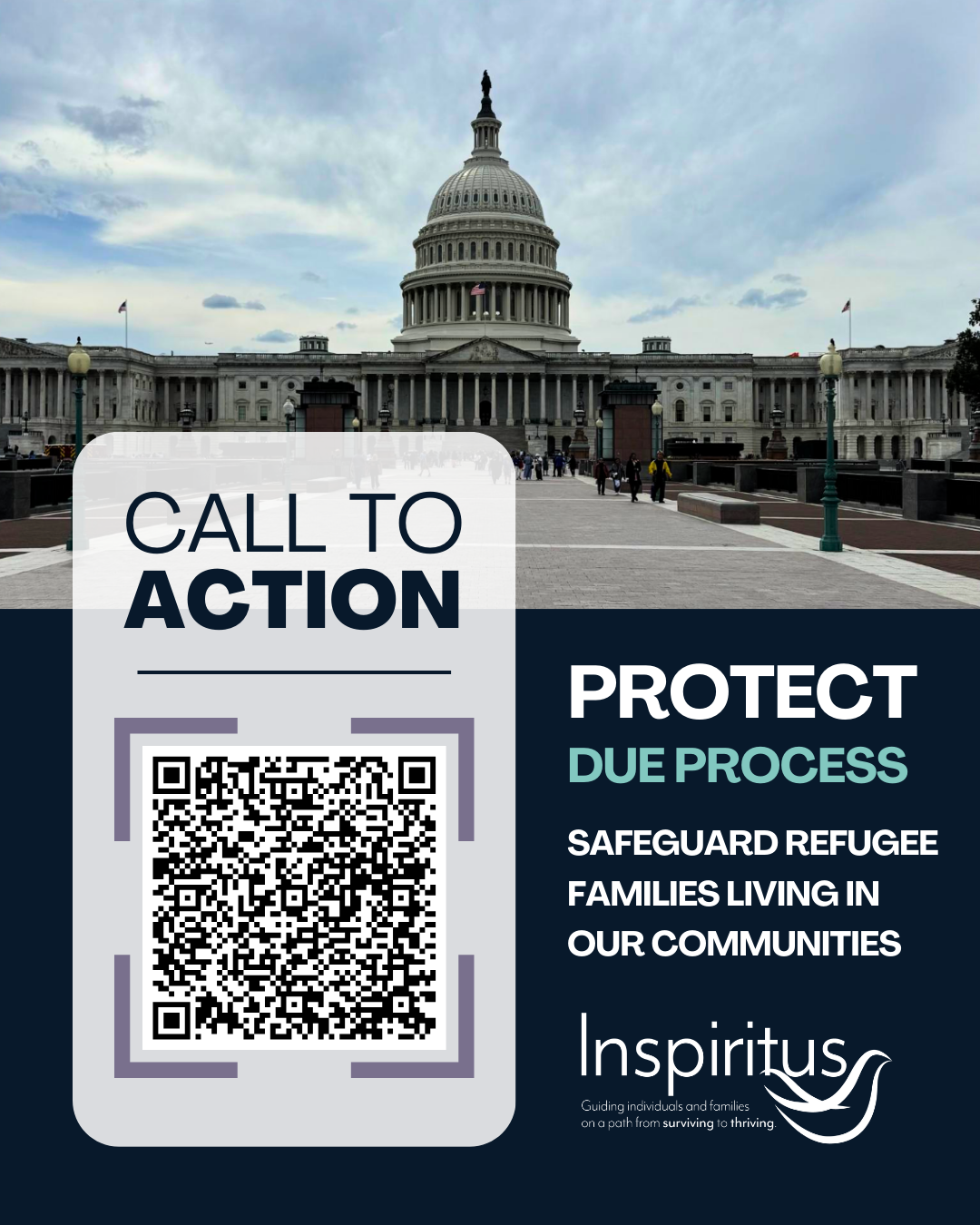ADOPTION: The Importance of Play for Traumatized Children
/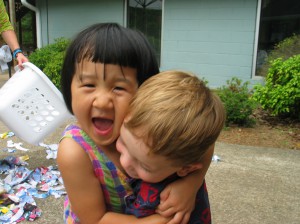 Often when families decide to adopt an older child, they envision past memories of engaging in play activities they enjoyed as children with their new child. Sometimes children, who have been traumatized in the early years, have not connected with what we perceive as a child’s natural ability to play. Childlike play is creative, imaginative, and very active. Play encourages children to use their imagination and that can help the child’s brain to heal.
Adoptive families are surprised when they take their new child to the park or skating or to a sporting event and they may discover the child has no idea what to do or how to initiate play. The stress of traumatic early experiences can cause short term impact to a child’s ability to engage in childlike play. The brain immersed with trauma functions on a survival response to the perceived threat. This is the opposite of play. The stress is restricting and confining to the child, separating them from their natural ability to play.
Often when families decide to adopt an older child, they envision past memories of engaging in play activities they enjoyed as children with their new child. Sometimes children, who have been traumatized in the early years, have not connected with what we perceive as a child’s natural ability to play. Childlike play is creative, imaginative, and very active. Play encourages children to use their imagination and that can help the child’s brain to heal.
Adoptive families are surprised when they take their new child to the park or skating or to a sporting event and they may discover the child has no idea what to do or how to initiate play. The stress of traumatic early experiences can cause short term impact to a child’s ability to engage in childlike play. The brain immersed with trauma functions on a survival response to the perceived threat. This is the opposite of play. The stress is restricting and confining to the child, separating them from their natural ability to play.
The happy news is that children never lose their ability to learn – and to learn to play. It is important to help them recapture a sense of childlike playfulness. The play they may engage in without modeling can seem focused on control, winning, losing, and rules. The parent can teach the child to play and incorporate opportunities for play in daily life. Model childlike pleasure and fun in engaging in activities yourself. Design environments that create the opportunity for silliness, laughter, and expression of childhood enjoyment. Being outside, running and games without winning or losing contexts are wonderful to provide this experience.
Play can provide healing in its purest form. So, as the weather is warming up, the parks are full of chances to explore and engage with one another. Take the time to GET OUTSIDE AND PLAY with one another. Have fun with your new child and help them learn the games that will help them heal and recapture the silliness and goofiness of being a child.
J. Anne Boyte Program Coordinator Heritage Adoption.
